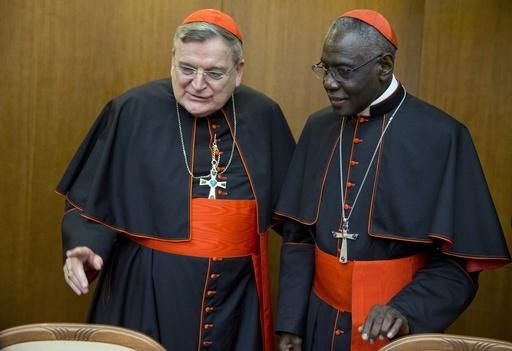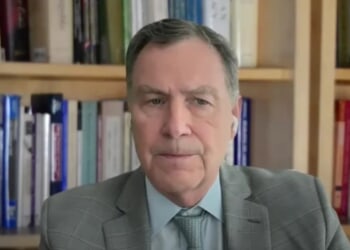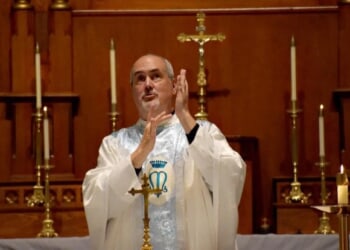
Pope Francis has died at age 88 on Easter Monday following health complications, including a recent hospitalization for a lung infection and kidney issues. The Vatican confirmed he died of a stroke that led to heart failure.
The Catholic Church now enters a critical period as it prepares for one of the most diverse and ideologically charged conclaves in history. Within 20 days of the pontiff’s death, 120 of the 135 eligible cardinal electors will gather in the Sistine Chapel to select his successor.
The makeup of the College of Cardinals has dramatically shifted under Francis’ 12-year pontificate. He appointed 79% of the current voting-age cardinals, many from underrepresented regions. European cardinals now comprise just 39% of electors, down from 57% in 2013, while Latin America, Africa, and Asia have gained influence.
Francis often divided Catholic opinion with his approach. Conservatives criticized his restrictions on the Latin Mass and his more welcoming stance toward LGBTQ Catholics and divorced individuals. His views on migration particularly put him at odds with the Trump administration, with Francis recently condemning U.S. deportation policies as damaging to human dignity.
Several potential papal candidates have emerged from different ideological wings of the Church. Progressive-leaning contenders include Cardinal Luis Antonio Tagle from the Philippines and Cardinal Jean-Marc Aveline of France, reportedly Francis’ favored successor. More conservative candidates include Cardinal Robert Sarah of Guinea, who has advocated for returning to Latin Mass, and Cardinal Fridolin Ambongo Besungu of Congo, who opposes same-sex blessings.
Centrist candidates include Vatican Secretary of State Cardinal Pietro Parolin of Italy, who might maintain Francis’ foreign policy while moderating his reform agenda.
Experts suggest the conclave may be lengthy due to the diverse and potentially unfamiliar cardinal electors. The process requires a two-thirds majority for election, with up to four ballots cast daily. After 30 unsuccessful rounds, voting narrows to the top two candidates.
While some Catholics anticipate a shift toward a more moderate approach after Francis’ disruptive papacy, others believe his global outlook will continue. Regardless of who emerges as the next pope, religious scholars emphasize that the Church will select someone who maintains Catholic doctrine while addressing contemporary challenges in a way that’s accessible to the faithful worldwide.
Read more: Catholic Church faces ideological crossroad after Pope Francis’ death
This article is written with the assistance of generative artificial intelligence based solely on Washington Times original reporting and wire services. For more information, please read our AI policy or contact Ann Wog, Managing Editor for Digital, at awog@washingtontimes.com
The Washington Times AI Ethics Newsroom Committee can be reached at aispotlight@washingtontimes.com.


![NYC Tourist Helicopter Falls into Hudson River, Siemens Executive and Family Among Those Killed [WATCH]](https://www.right2024.com/wp-content/uploads/2025/04/NYC-Tourist-Helicopter-Falls-into-Hudson-River-Siemens-Executive-and-350x250.jpg)
![Biden Drops Racial Slur During First Public Speech Since Leaving Office [WATCH]](https://www.right2024.com/wp-content/uploads/2025/04/Biden-Drops-Racial-Slur-During-First-Public-Speech-Since-Leaving-350x250.jpg)




![Red Sox Fan Makes the ‘Catch of the Day’ with Unconventional ‘Glove’ [WATCH]](https://www.right2024.com/wp-content/uploads/2025/04/Red-Sox-Fan-Makes-the-‘Catch-of-the-Day-with-350x250.jpg)
![Green Day’s Cringe Trump Diss Ends in Fire and Evacuation [WATCH]](https://www.right2024.com/wp-content/uploads/2025/04/Green-Days-Cringe-Trump-Diss-Ends-in-Fire-and-Evacuation-350x250.jpg)





